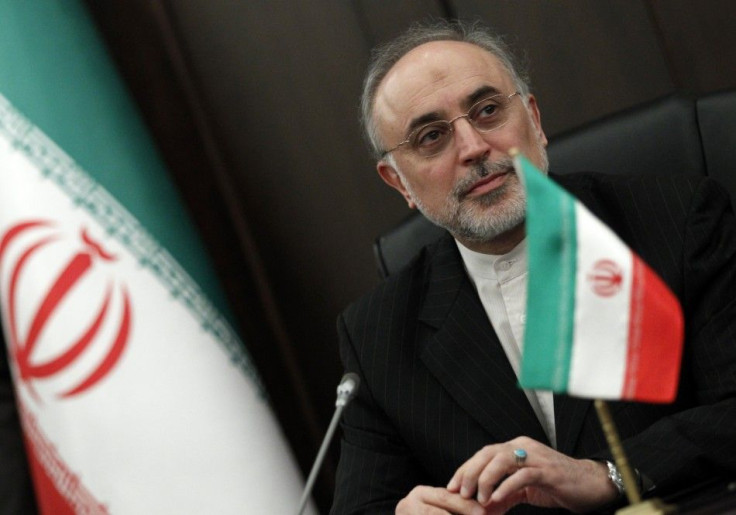Iran: The West Cannot Force Us To Surrender

Iran was pleased by the outcome of last weekend's nuclear talks, which could be a “starting point for an end to Iran's nuclear issue,” as Iran's Foreign Minister Ali Akbar Salehi recently stated.
But for Tehran, ending the nuclear issue may not mean stopping the development of its nuclear program. On Tuesday, Salehi said the discussions with foreign powers proved that Iran could protect its absolute and legitimate rights against the pressures and sanctions of the United States and Europe, according to Iran's IRIB news agency.
“During the Istanbul talks, it was proven that the Western countries are unable to force Iran to surrender and give up its absolute and legitimate rights to use peaceful nuclear energy by exerting political and economic pressure,” Salehi said in a meeting in Tehran.
Both the U.S. and the European Union are hoping that the talks, combined with tough new sanctions, will get Iran to abandon its nuclear program. While Iran insists that its nuclear development goals are for peaceful purposes only, international observers believe that Iran has tried -- and could still be trying -- to build a nuclear weapon.
On Tuesday, Switzerland joined in on the sanctions, freezing the assets of 11 companies and individuals who had Swiss bank accounts, according to the Associated Press. The names of those sanctioned were not revealed.
Nonetheless, Iran has been defiant, claiming that the sanctions will not affect the nation's economy -- however, the Islamic Republic is now reportedly selling oil for grain, corn and animal feed, which are becoming scarce commodities in the country.
We have always stated that pressure and the language of threat is useless in dealing with the Iranian nation, but talks and cooperation can be a positive approach, Iran's chief negotiator Saeed Jalili said on Wednesday, according to Fars.
Despite Iran's braggadocio, Western leaders were also pleased with the outcomes of Saturday's talks in Istanbul. Most importantly, the first round of talks resulted in a promise of a second round, a feat that the P5 plus 1 group has been unable to accomplish in the past.
Negotiations will resume on May 23, when the seven parties will meet in Baghdad, Iraq where the United States is expected to focus on the pivotal subject of uranium enrichment.
Yet while U.S. President Barack Obama considered the Istanbul talks a success, critics say that too little was accomplished and that Iran still plenty of time to work on a bomb.
“I think it’s a wonderful turn of events. Now they’re talking and then they’re going to talk some more,” Sen. John McCain said sarcastically on Tuesday. “I am exuberant actually that they are going to talk some more.”
Israeli Prime Minister Benjamin Netanyahu said earlier in the week that Iran has been given a freebie.
It has got five weeks to continue enrichment without any limitation, any inhibition, he said.
© Copyright IBTimes 2025. All rights reserved.





















